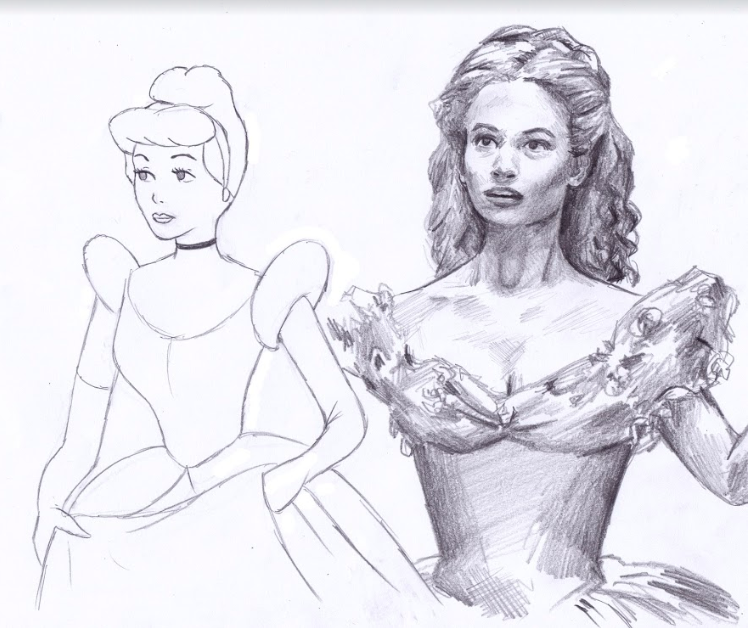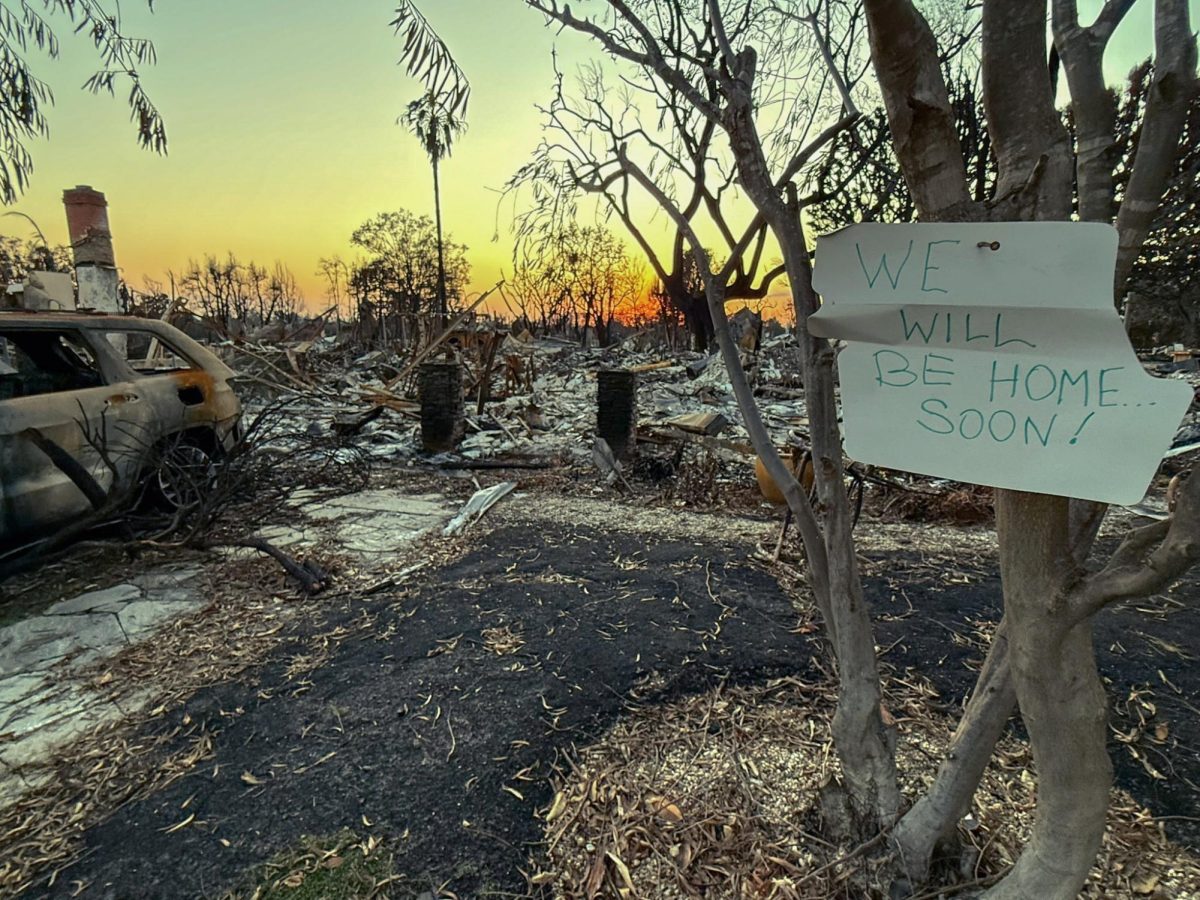Unoriginality is Hollywood’s New Reality
November 12, 2019
Looking at a list of “movies coming soon to theaters near you,” one message becomes quite clear: Movie remakes are inescapable. In recent years, the number of remakes has multiplied at an alarming rate, so much so that checking movie theaters’ showtimes is now impossible without stumbling upon a supposedly new-and-improved version of a classic. Hollywood has resorted to revisiting past films — either replicating previous successes or rectifying failures — but by doing so it exhausts its own creativity and normalizes a substandard film industry.
Even though slapping a shiny bow on an old hand-me-down doesn’t make it any newer, Hollywood filmmakers relentlessly persist in remaking every movie they can dredge up from the past. From nostalgia to greed, Hollywood’s writers and executives have individual motives for recreating movies. While some people wholeheartedly support these efforts, others stubbornly refuse to accept them, as many moviegoers look to protect and preserve classic movies they know and love.
Fans are particularly afraid of having their perception of a beloved childhood film tainted. Those who are fiercely loyal reject Disney reimagining original animated movies as live action, such as the 2010 remake of Alice in Wonderland (1951), the company’s first adaptation. It was followed by a 2015 remake of Cinderella (1950), which already had countless live-action spin-offs. Rodgers & Hammerstein’s three Cinderella films (1957, 1965, 1997), Ever After (1998) and Warner Bros.’s five-part A Cinderella Story franchise — which released A Cinderella Story: Christmas Wish on Tuesday, Oct. 15 — only scratch the surface of Cinderella’s movie empire.
Computer-animated The Lion King (2019) was the very first remake of the 1994 film, and it shortly became one of the highest-grossing movies of all time. However, the 2019 Dumbo remake failed to meet Disney’s box office expectations and earned a Rotten Tomatoes rating of only 47 percent. The remake of The Lion King, although financially successful, had similar ratings; nearly all of Disney’s original animated movies have top ratings on Rotten Tomatoes, while their remakes average much lower. Sometimes it’s best not to mess with fans’ precious original movies.
The never-ending supply of upcoming remakes is challenging the nature of Hollywood, blurring the line between creativity and unoriginality. Sony Pictures’ CEO recently sparked outrage with his idea to remake The Princess Bride (1987), a quotable cult classic many fans deem to be one of the best films ever made — and one that should remain untouched. The same goes for the beloved Home Alone (1990), which has fans reeling over Disney’s decision to recreate it in a more modern setting.
Classic stories have been constantly retold throughout the years, paving the way for this current tidal wave of unoriginality. Hardly a few decades can go by before A Star Is Born is again available in theaters for a new generation; the 1937 original was remade in 1954, 1976 and 2018. Other regularly revisited classics include Pride and Prejudice — which even spawned a zombie-themed remake in 2016 — and Little Women, which will have its fifth film adaptation released this December. Once the movie’s remakes outnumber the four titular “little women,” it’s clear that Hollywood has attachment issues.
The controversy surrounding unoriginality generally boils down to fear–– fear that a remake won’t live up to the original and the greater fear that it might even surpass the beloved classic. The film industry was created to entertain and to challenge, but why should it now test our loyalty more than its own, choosing to challenge us instead of its own potential for ingenuity? Perhaps Hollywood has admitted defeat, accepting that unoriginality is its new, inescapable reality.












